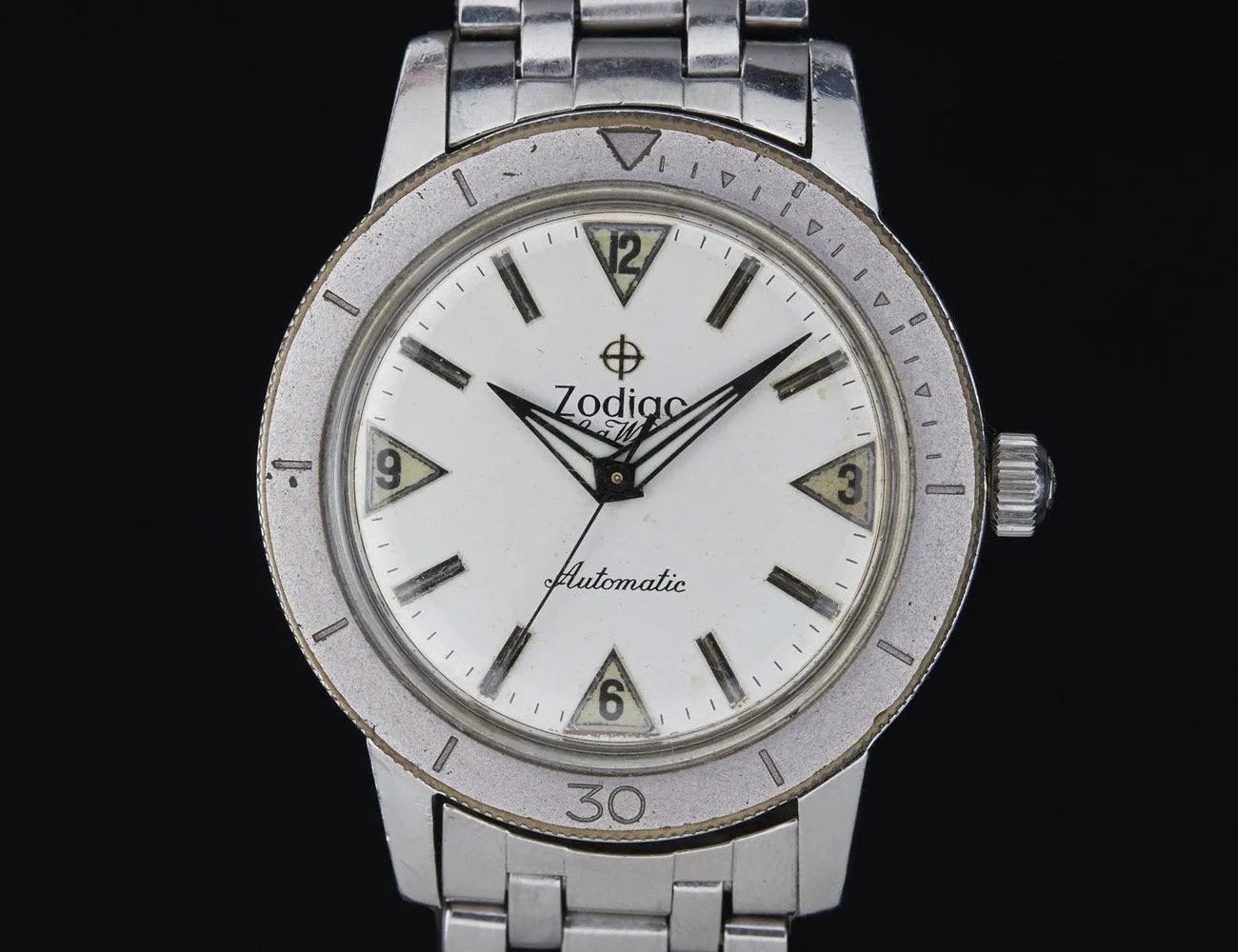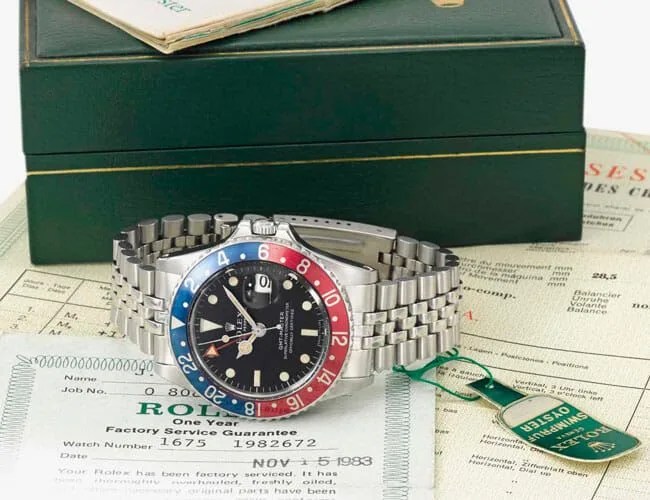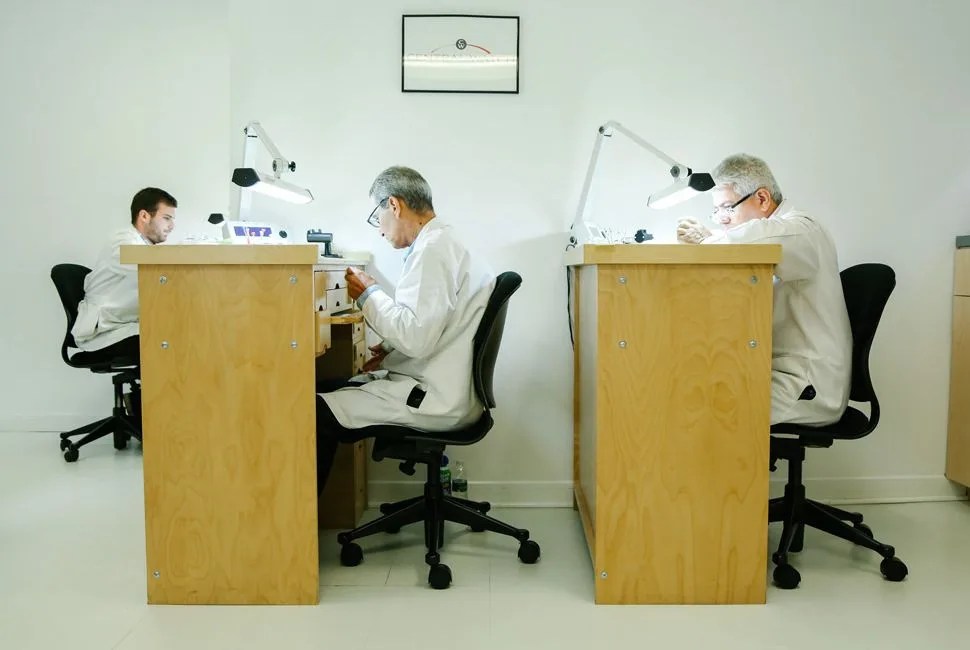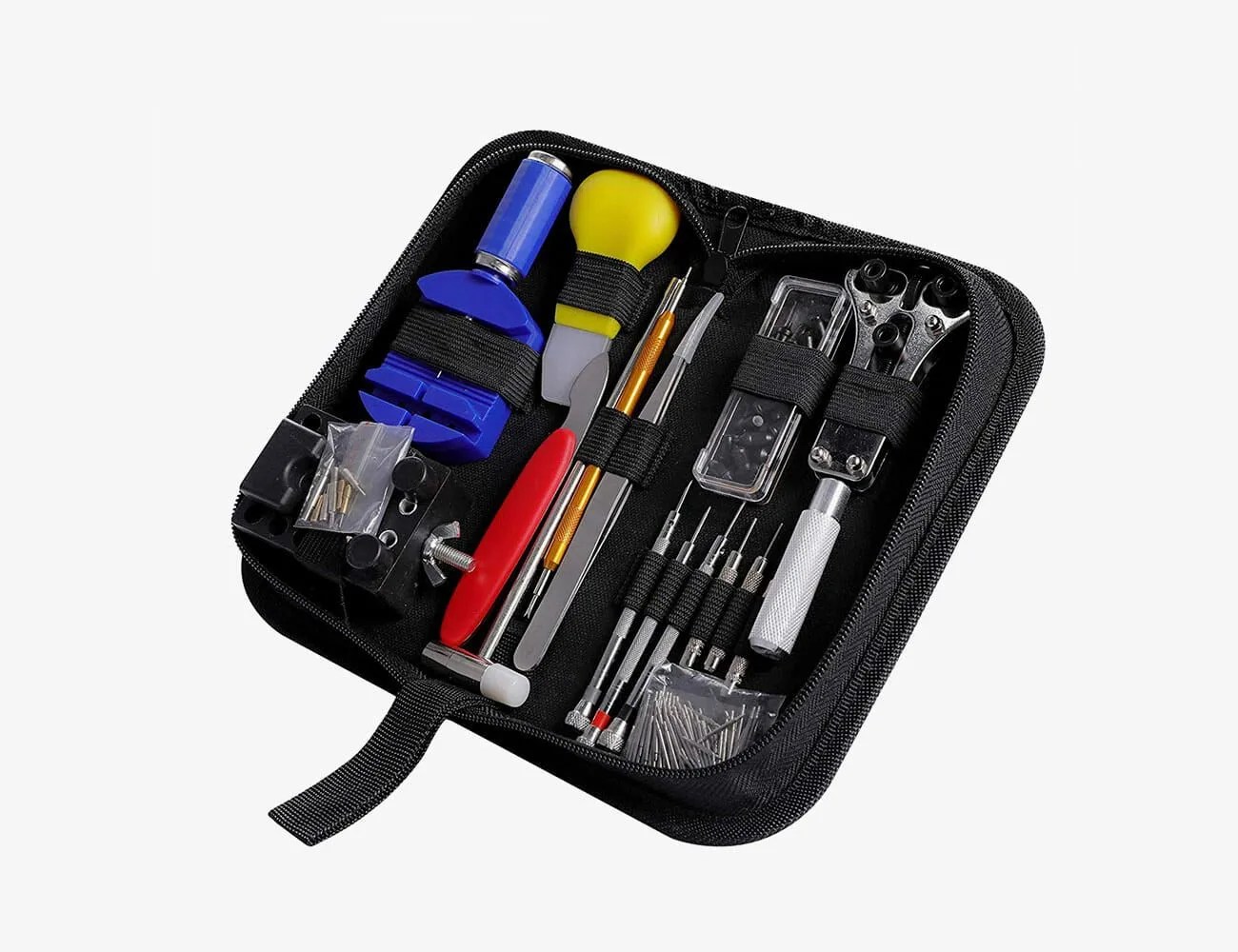How does one break into the confusing, esoteric world of watch nerdery? Our new column, “How to Be a Watch Guy,” aims to answer all your new watch guy questions, and help you navigate the always exciting — but sometimes intimidating, complicated, and pricey — world of watches.
You were ticking this morning — but your watch wasn’t. Maybe it’s vintage, maybe it’s brand new. Maybe it hasn’t been serviced in five or 10 years, or ever. Maybe you just dropped it. Maybe you haven’t wound it in a few months. One thing’s for sure: you need to get it serviced.
More “How to be a Watch Guy”
• How to Accept the Frankenwatch
• How to Find Your First Watch Meetup
• How to Trade a Watch
• How to Pick the Watch Size That’s Right for You
A watch repair shop is like an auto mechanic or a gastroenterologist: you absolutely want to go to the right one. “I hate to say this, but I think it’s true,” says Steve Kivel, whose family has run Grand Central Watch, in Grand Central Station in Manhattan, since 1952. “The majority of people servicing watches shouldn’t be.”
“I hate to say this, but I think it’s true: The majority of people servicing watches shouldn’t be.”
The stakes here are high. Your watch, if it’s mechanical, is a complicated and precise machine. If you open up its case back and poke around its movement, it is far easier to cause damage and disaster than it is to fix a problem. How should I know? Well, like you, dear reader, I don’t. So I asked Kivel, who I’ve interviewed for GP before about watch repair, to help me out.





